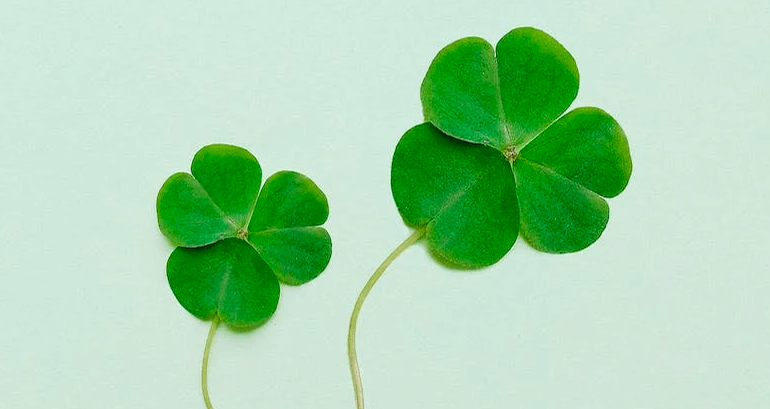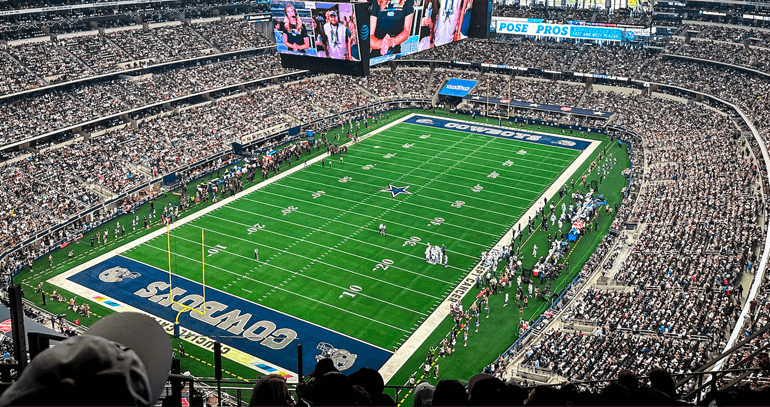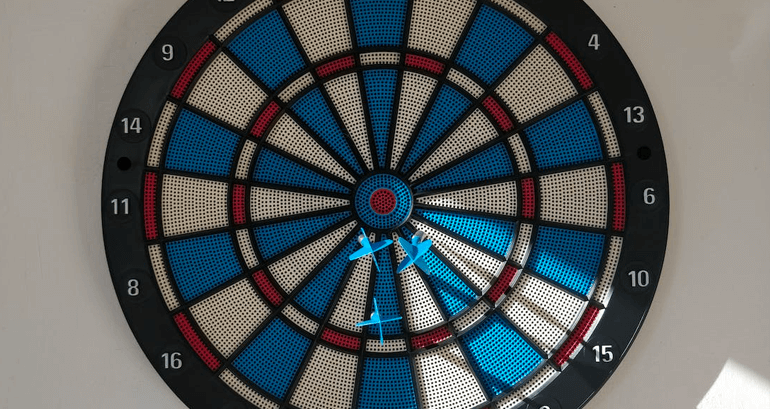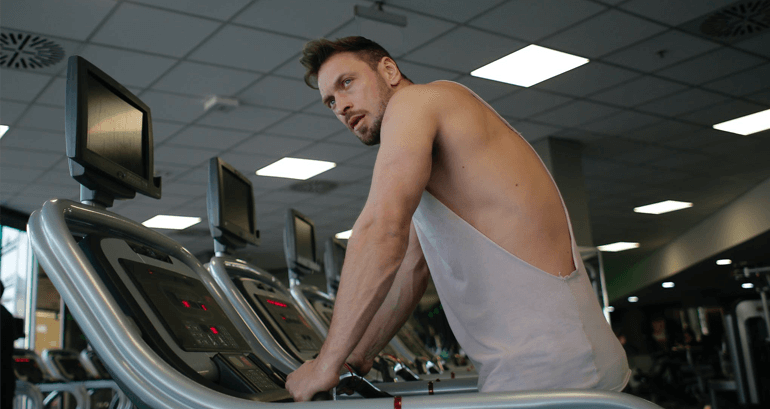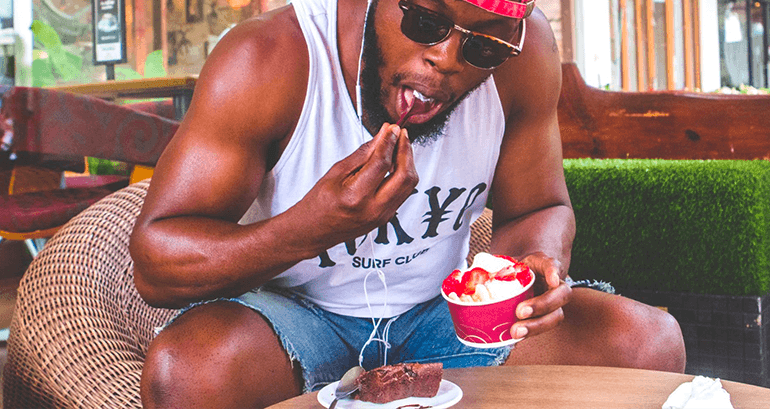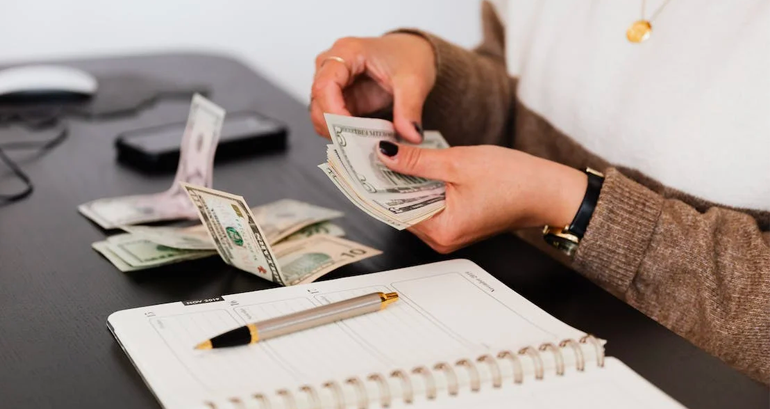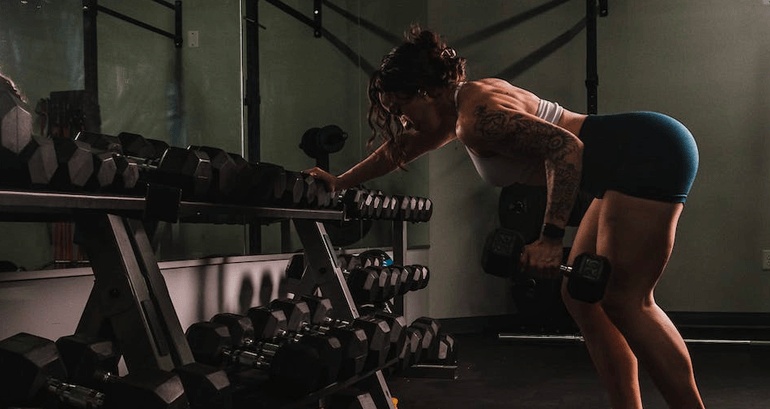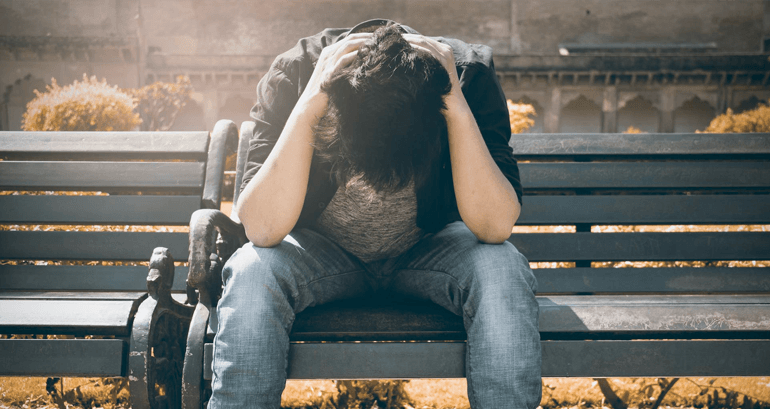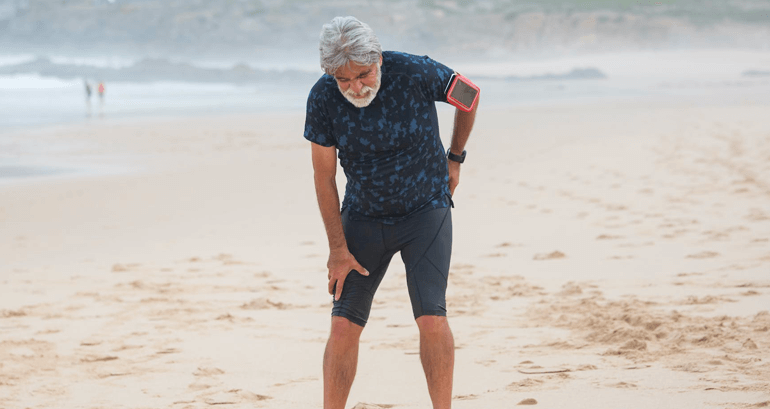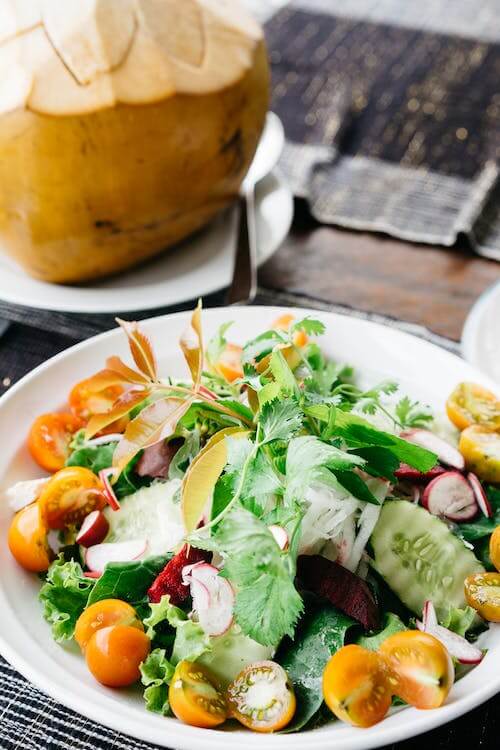Is it better to be lucky than (a) good (person)?
Key Points: 1. Sometimes, selfish and dangerous behavior will cause harm to other people. Other times, it won’t. 2. Therefore, we should avoid judging ourselves or others based on a single action. 3. This concept forms an idea known as “moral luck.” Embracing it can help us become more empathetic and forgiving. Estimated reading time: … Read more
